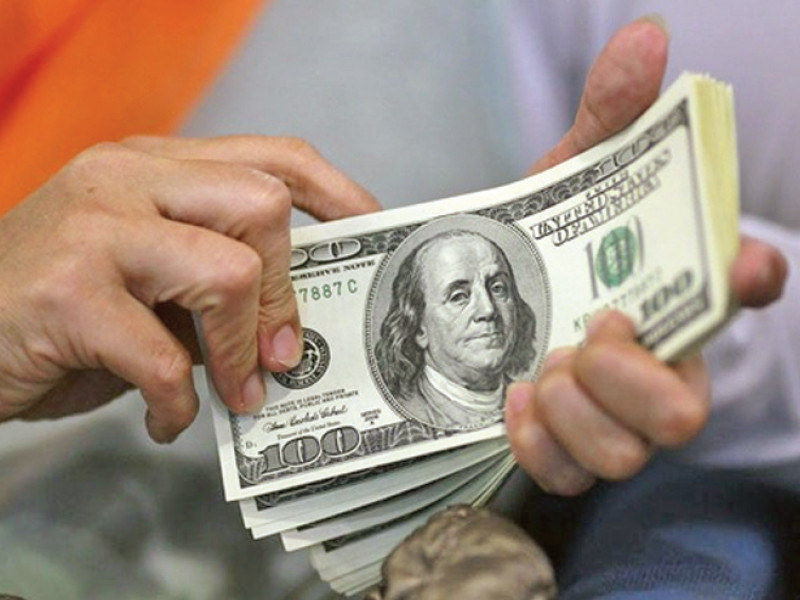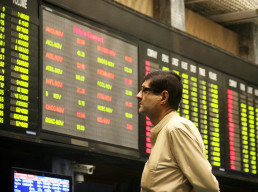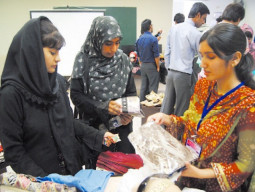
Pakistan is facing a low growth trap while the new budget essentially increases expenditure through more borrowing and a higher burden of taxes.
Increasing expenses, based on heavy borrowing, just raise the payments on borrowing, which now account for 57% of the total expenditure. This policy is clearly profligate and not sustainable; therefore, this perverse Gordian knot will have to be cut.
This is the crux of a report titled “State of Pakistan’s economy, growth, inflation, welfare and budget 2024-25”, released by the Lahore School of Economics.
According to the report, the budget for fiscal year 2024-25 is highly aspirational, where expenditures have been jacked up from Rs14.5 trillion (FY24) to Rs18.9 trillion. It is because the base of the budget – the tax revenue – is projected to expand from Rs9.4 trillion in the last fiscal year to Rs12.9 trillion this year, an ambitious target which is higher by Rs3.6 trillion.
The exigency of pushing the tax take above 10% of gross domestic product (GDP) is accepted without any economic debate and is devoid of context. Already, the economy is caught in a low growth trap, with declining investment and increasing capital outflows.
“With large-scale manufacturing contracting in the last two years and the economy running only on agriculture, increasing the tax take will not reverse this low growth trap,” the report said.
That is irrational pricing policy in a market economy. The budget seeks to match the scarcity of revenues to the exigencies of expenditures. Revenues in the last fiscal year comprised only 48.2% of the total budget, necessitating reliance on borrowing more than half, 51.8%, of the budget.
This is in large part necessitated by the transfer of all the federation’s revenues to provinces, leaving the federation with only 1% of revenues of the total budget, and making it entirely dependent on borrowing to meet expenditure commitments.
The ambitious revenue target for FY25, which is 55% of the budget, is aimed at bringing the reliance on borrowing down to 45%, the report stated. For FY25, expenditures have gone up to Rs18.9 trillion compared to Rs14.5 trillion in FY24, a near 30% increase. Given the reliance on borrowing, this large rise in expenditures is profligate.
The largest ticket item in the current expenditure continues to be the repayment for borrowing, rising from 54.8% of total expenditures last year to 56.8% this year.
According to the report, there are two imperatives for the economy. The first is reduction in borrowing and its costs. Increasing expenditure, for which more than half coming from borrowing, is not sustainable or rational. Therefore, expenditures have to be cut and the budget deficit lowered.
The second is generating growth, but if significantly increased taxation is a disincentive to growth, then again, expenditures must be lowered to better match the existing taxation. If there are some expenditures that need to be ring-fenced, exigencies of the state come to mind, so does welfare.
Welfare must come to the fore. As a result of the increase in inflation, which peaked at 33% over FY 2022-23, incomes have eroded, especially for the lowest decile in income distribution.
The poverty headcount has increased from 5% of the population in FY 2019-20 to 9% in FY 2021-22 and then doubled to 18% in FY 2022-23.
The LSE has estimated that the eradication of extreme poverty will require unrequited transfers to the poor, of 10% of revenues. If this is a large ask for a developing economy, a more immediately doable amount can be estimated.
“We have estimated that the poor spend a quarter of their caloric basket on wheat and bread. This makes the first step in poverty eradication to spend 2.5% of revenues on the provision of free wheat to the means-tested poor population,” the report added.

1719315628-0/BeFunky-collage-(8)1719315628-0-405x300.webp)


1731329418-0/BeFunky-collage-(39)1731329418-0-165x106.webp)













COMMENTS
Comments are moderated and generally will be posted if they are on-topic and not abusive.
For more information, please see our Comments FAQ